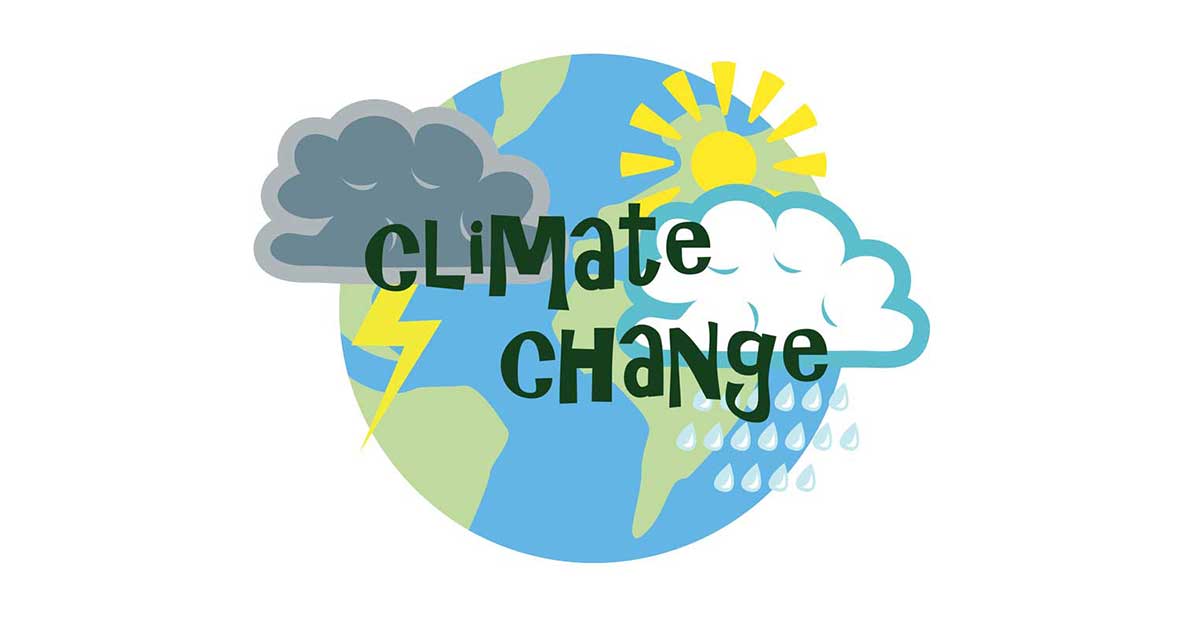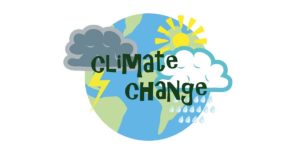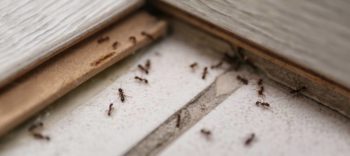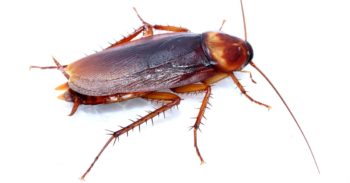
 Concerns about climate change are legitimate and far reaching. While scientific data demonstrates its effect on droughts, heat waves, and hurricanes; the effect on insect populations are just as important.
Concerns about climate change are legitimate and far reaching. While scientific data demonstrates its effect on droughts, heat waves, and hurricanes; the effect on insect populations are just as important.
How Do Temperatures Affect Insects?
Global warming and rising temperatures generally have an adverse effect on insects, though a few thrive in warmer temperatures. Both reactions are problem for people and the environment.
According to a paper published in the journal Science, researchers from the University of Washington indicate that rising temperatures from global warming will increase the populations of insects like aphids and corn borers in crop-growing regions. Surging populations of such pests will adversely affect key crops such as corn, wheat, and rice.
The study projects that a 2-degree temperature rise globally could cause a 31 percent yield decrease for corn, 19 percent for rice, and a 46 percent decrease for wheat. That translates to annual crop losses of 62 million tons for corn, 92 million tons for rice, 59 million tons for wheat.
Populations of these insects grow because the warmer temperatures boost the insects’ metabolisms. That, in turn, increases their appetites and reproductive rates. More crop-eating insects means more crop damage.
Are Insects Affected by Heat?
While warmer temperatures mean greater populations of some insects, it also throws cycles out of sync and decreases the population of others. Aphids can emerge a month earlier while birds that feed on them are hatching later. Without the usual number of predators, aphids and other plant eaters can ravage with little interruption.
A UK Study found that forests and woodlands do not provide a respite for insects that are harmed by rising temperatures, as opposed to theories that they would. A German study also found that populations of some insects have been falling for the last 25-35 years due to climate change.
Butterfly populations in the Netherlands have been declining due to global warming according to another study’s findings. Butterflies are among the insects that pollinate plants so a decrease in their population adversely affects crops – and that’s even worse with an increase in crop-eating insects.
Other studies predict that global warming and climate change will lead to environmental changes that could destroy major classifications of insects. A study in the journal PLOS Neglected Tropical Diseases theorizes that an additional one billion people could be exposed to insect-carried diseases, such as Lyme disease, due to climate change.
What Does a Mild Winter Mean for Bugs?
While it varies by the type of insect, a mild winter can mean more bugs in the spring. Some species, like mosquitoes, will hatch earlier due to a mild winter. Other species will partially die off in a cold winter, leaving fewer when spring first starts. All of these variables mean that preventative pest control is more important than ever.
Arrow Keeps Your Home Pest-free
Protect your home from pests. Talk to our experts at Arrow about preventative pest control. To get started, contact Arrow Exterminating today.





